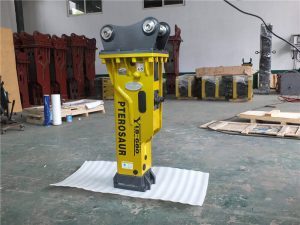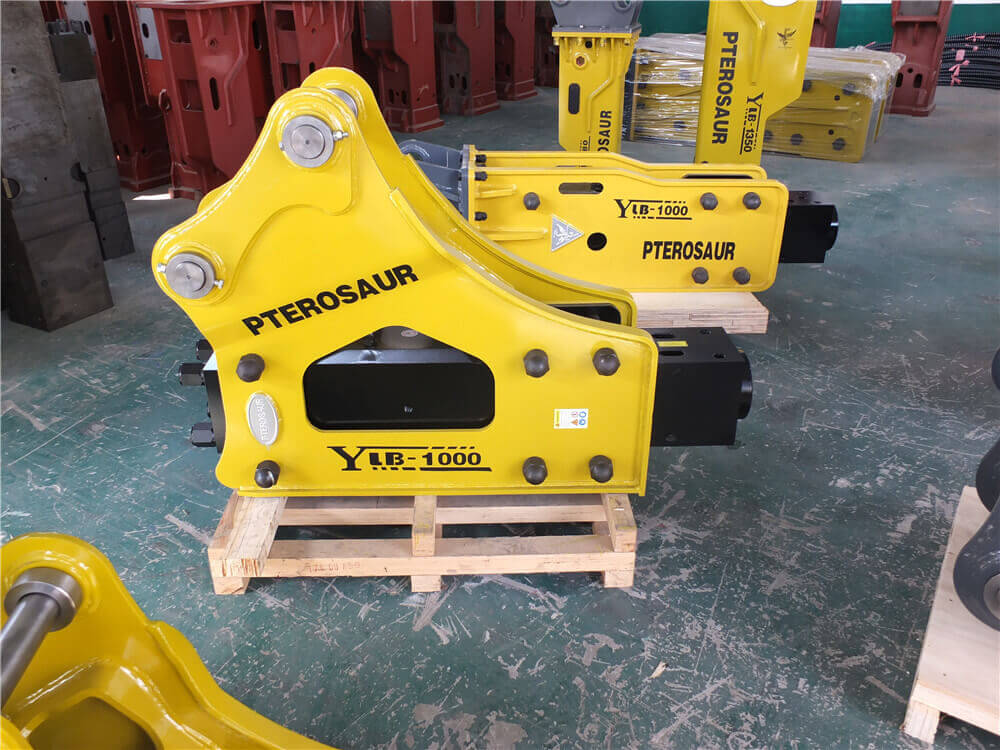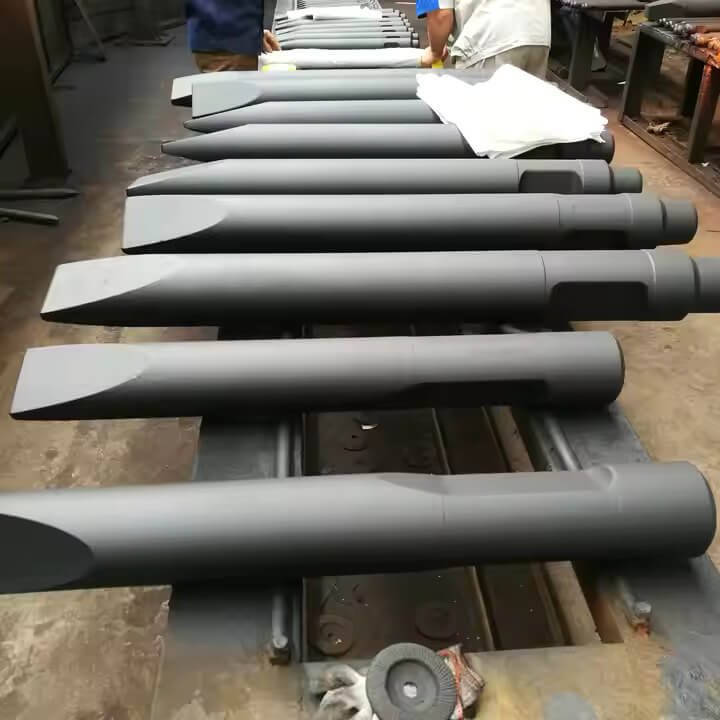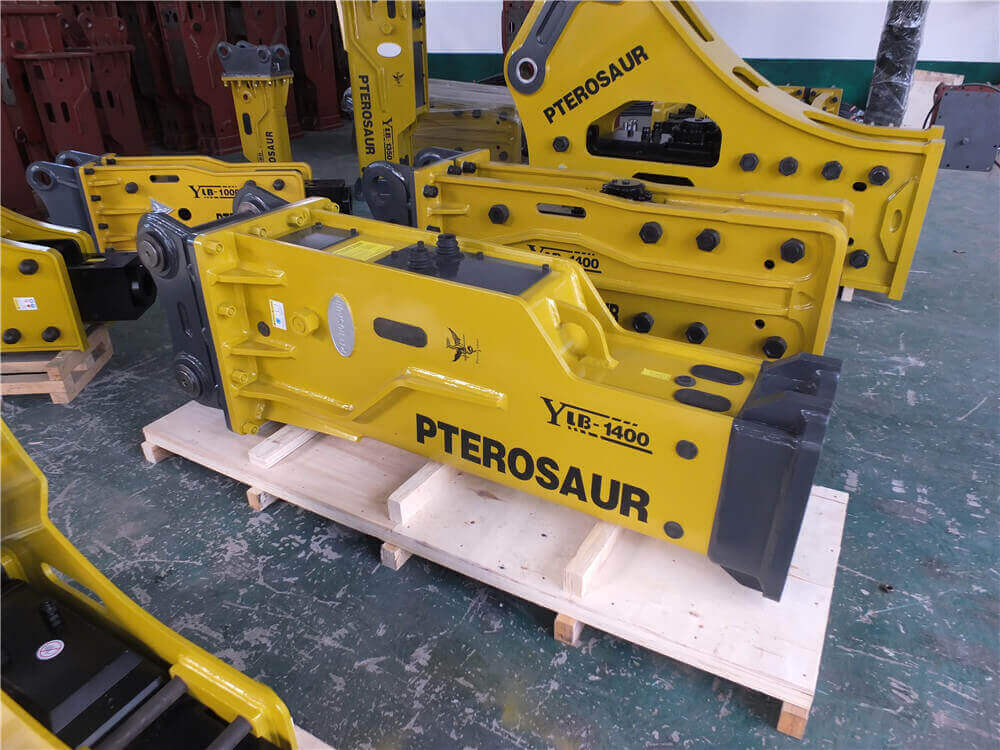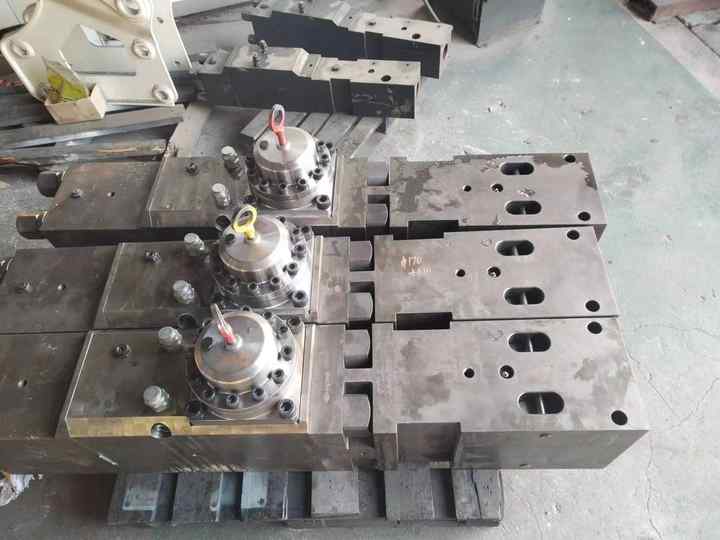Understanding Rock Breakers: Essential Tools for Excavation
When it comes to demolition and excavation work, one of the most powerful and essential tools at your disposal is the rock breaker. This hydraulic attachment, often fitted to excavators, is designed specifically for demolishing concrete structures and breaking down tough rock formations. In this article, we’ll explore the functionality, applications, and various types of rock breakers available on the market today.
What is a Rock Breaker?
A rock breaker is a type of percussion hammer that utilizes hydraulic power to deliver impactful blows to hard surfaces. These robust machines are pivotal in construction and demolition projects where traditional methods may fail. The versatility of rock breakers allows them to tackle a variety of materials, making them indispensable in the realm of excavation.
Leading Suppliers in Rock Breakers
One of the notable suppliers of rock breakers is Vanrock, recognized globally for a comprehensive range of excavation attachments, including bucket crushers, screening buckets, and drum cutters. Their rock breakers are engineered to handle any type of rock or concrete, regardless of hardness.
Additionally, companies like Epiroc and JIANGTU offer a full range of hydraulic hammers suited for various excavator models, ensuring compatibility and efficiency in operations. For instance, the Epiroc Hydraulic Breakers are renowned for their reliability and power, ideal for heavy-duty tasks.
Types of Rock Breakers
Rock breakers come in several forms, each designed to cater to specific needs and equipment types:
-
Top Type Hydraulic Rock Breakers: These are favored for larger excavators and are known for their high impact energy and efficiency in breaking through concrete and rock.
-
Side Type Hydraulic Rock Breakers: Often used for smaller excavators, these models provide excellent visibility and control, making them suitable for intricate demolition tasks.
-
Mini Excavator Rock Breakers: Compact and lightweight, these attachments are designed for smaller excavators, making them perfect for landscaping or small-scale construction projects.
Key Features of Rock Breakers
When selecting a rock breaker, there are several features to consider:
- Compatibility: Ensuring the rock breaker fits your excavator’s model is crucial for optimal performance.
- Impact Rate: The number of blows per minute can significantly affect efficiency; higher rates are often more effective for tougher materials.
- Weight: The weight of the breaker must be appropriate for the excavator to maintain stability and control during operation.
Applications of Rock Breakers
The applications of rock breakers are vast and varied. They are commonly used in:
- Demolition Projects: Breaking down old structures and clearing debris.
- Construction Sites: Preparing sites by breaking up concrete and rock formations.
- Mining Operations: Assisting in the extraction of minerals by breaking through tough geological materials.
Conclusion
Rock breakers are an essential component of modern excavation and demolition operations. With various types available, including powerful hydraulic models from leading suppliers like Vanrock and Epiroc, they provide the necessary power and versatility to tackle even the most challenging tasks. Whether you are involved in large-scale construction or smaller projects, understanding the capabilities and applications of rock breakers will help ensure success in your endeavors.

